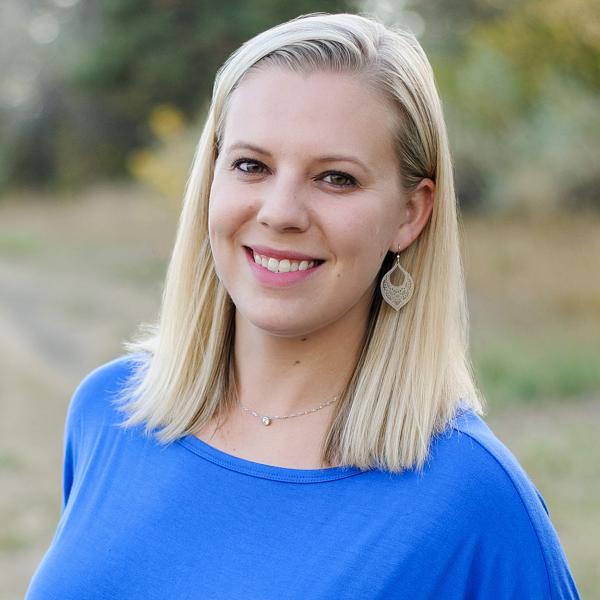A Steep Climb to Common Ground: CHI’s 2018 Legislative Forecast

It’s hard to escape partisan political rhetoric these days, and the Colorado legislature — despite being hailed for its “purple” nature and ability to compromise — won’t be a refuge in 2018.
Election-year campaigning has already started, and in addition to arguing for and against issues at the state capitol in Denver, lawmakers will have to keep an eye on Congress and the predictably unpredictable Trump administration.
While legislators are sure to find bipartisan cooperation on minor bills, other big, complicated agreements will be difficult to achieve. In a year where most expect moderate progress at best, the substance use crisis may present the best opportunity for major gains in health policy.
To coincide with today’s convening of the Second Regular Session of the 71st General Assembly, the Colorado Health Institute has released our annual legislative forecast report. The 2018 edition, A Steep Climb to Common Ground, previews the debates, political dynamics and bills we expect to see.
The year may not involve much movement on health bills, but it will see many consequential decisions made about who represents the people of Colorado. In addition to important congressional races, the November elections will determine control of the Colorado legislature, several key statewide positions and the governor’s mansion.
After eight years of relatively centrist governing by John Hickenlooper, the next man or woman at the helm could chart a different course. The race to replace Hickenlooper is wide open, with five candidates in each party making a credible run. Whoever emerges victorious in each primary will send a message about the parties’ identities in Colorado, and November’s victor will hint at the state’s national leanings.
Under the Gold Dome, a relatively sunny financial picture offers opportunities to fund an array of initiatives, from transportation to health-focused programs. Legislators will debate those funding priorities in the Long Bill in March. They also will wrestle with topics from hospital regulations and pharmaceutical price transparency to suicide prevention and a proposed state reinsurance program. Six bills coming from the Interim Committee on Opioid and Other Substance Use Disorders could steal the show, although it’s unclear how many of them will pass, despite receiving strong bipartisan support in the committee process.
So while there may not be extensive changes in health policy over the next few months, 2018’s political races could say a lot about what is possible to achieve next year. Are you a fan of more stringent Medicaid requirements? Or perhaps a basic health program? Those won’t happen this year, but they could be in reach in 2019 — depending on how the voting chips fall.
It can be tempting in times like this to bury your head in the sand. But more than ever, Colorado needs strong leaders in politics and in health policy. Stay engaged, stay informed and stay with us over the next 120 days and beyond. A Steep Climb to Common Ground is a good place to start.

